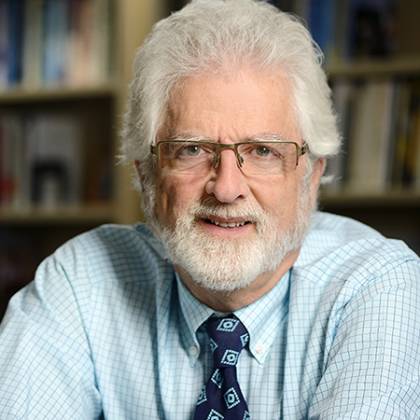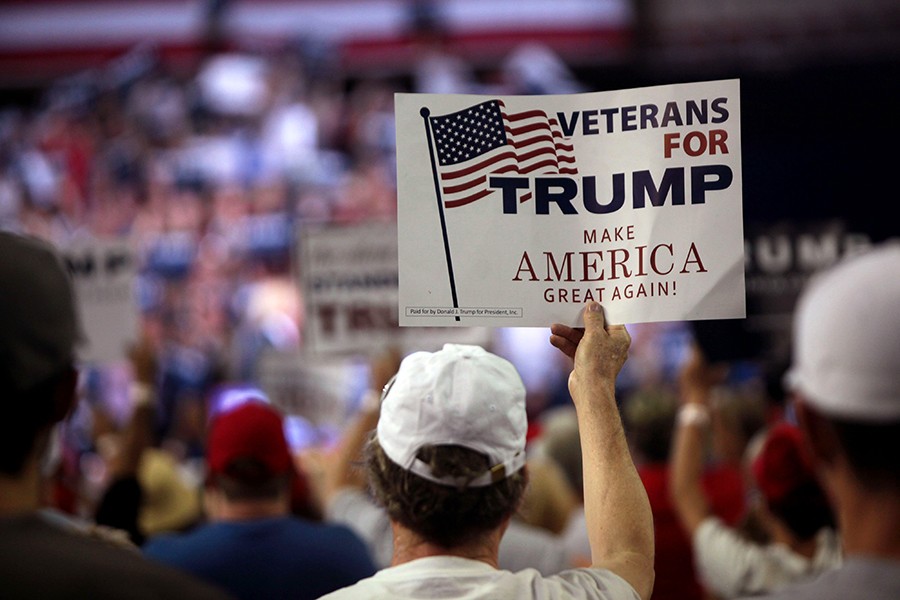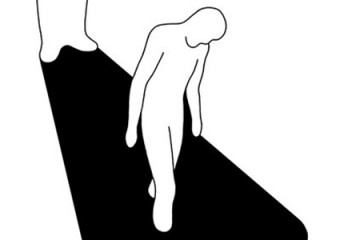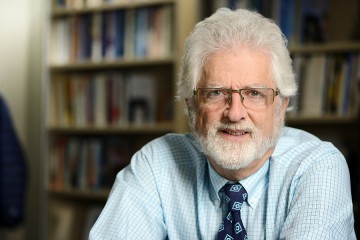Johns Hopkins University sociologist Andrew Cherlin has a theory about why the unconventional—and sometimes inflammatory—Republican candidate for president, Donald Trump, resonates so profoundly with his core group of supporters.
It has to do with whether they perceive themselves as upwardly mobile or downwardly mobile, Cherlin argues in an op-ed published Thursday in The New York Times.

Image caption: Andrew Cherlin
Image credit: Will Kirk / Johns Hopkins University
Drawing from data collected by a 2014 General Social Survey, Cherlin—a professor of public policy in JHU's Krieger School of Arts and Sciences—examines two sections of respondents: those who said they felt their standard of living was better than that of their parents ("upwardly mobile") and those who said their standard of living was worse than that of their parents ("downwardly mobile").
He then compares the groups' responses to questions about policy and social issues—platform issues and divisions that would emerge in the Trump campaign, he says.
For example, Cherlin writes, 71 percent of the downwardly mobile said that the number of immigrants into America should be reduced, compared with 46 percent among the upwardly mobile. In addition, 48 percent of the downwardly mobile agreed that "immigrants take jobs away from people who were born in America," compared with 38 percent of the upwardly mobile.
Those who are downwardly mobile are more likely than their upwardly mobile counterparts to say that they are "not very proud" or "not proud at all" of the way democracy works in America, and they express less confidence in the individuals who lead major institutions, including banks, corporations, Congress, and the education system.
More from Cherlin's New York Times commentary:
In their answers to all of these questions, downwardly mobile working-class whites showed a greater affinity for Mr. Trump's themes than did the upwardly mobile. They were more troubled by immigration, more disappointed in American democracy, and more alienated from social and political institutions. It seems likely that the relative deprivation they felt made them more receptive to the positions Mr. Trump eventually staked out.
No other candidate in this race has addressed the concerns of downwardly mobile working-class whites so directly. In doing so, Mr. Trump has highlighted the disaffected downwardly mobile as a key voting bloc. These are the voters who will look for leaders who can restore their faith in progress—and promise that no matter how well things are going for them, their children will be better off.
Posted in Voices+Opinion, Politics+Society
Tagged sociology, andrew cherlin, politics, election 2016










